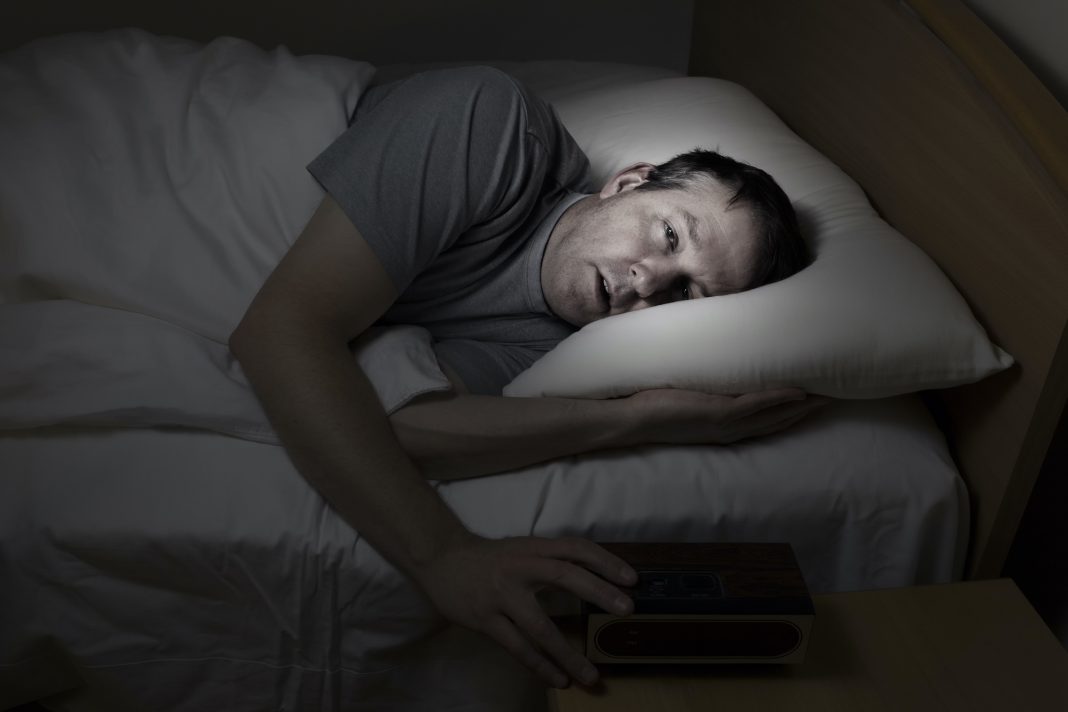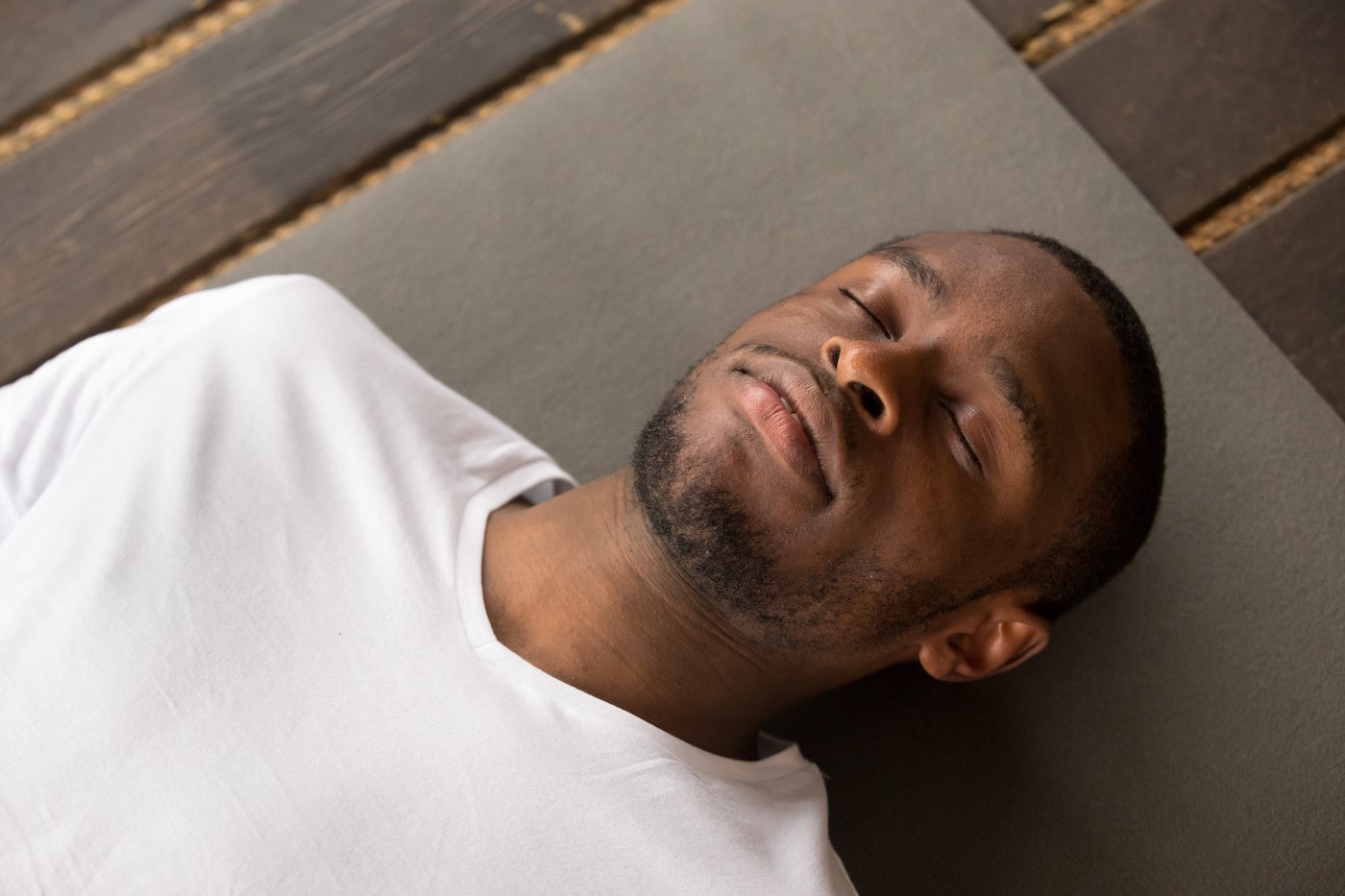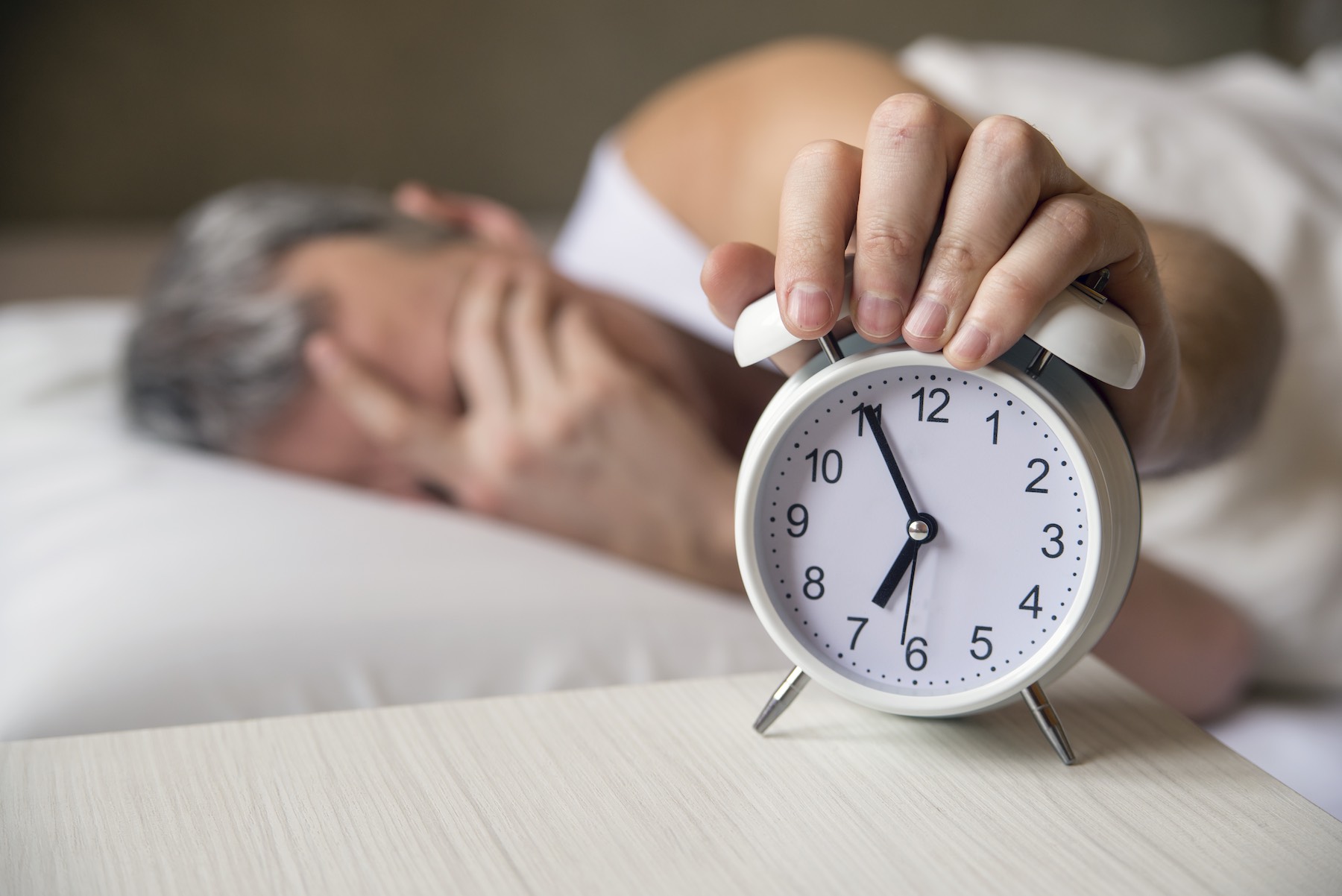There is nothing better than putting a tired body into a comfortable bed at the end of a long day and looking forward to quality sleep. However, if you’re not getting quality sleep, the frustration of not falling asleep or staying asleep can quickly raise your stress level. Your brain may be foggy and your body sluggish, but sleep just won’t come.
Why do we sleep?
This loss of the ability to sleep is a big problem. We need sleep to shed toxins from our nervous systems, protect our immune systems and regulate our metabolism. If you’re not sleeping, your body goes into a state of distress. You may be cranky, develop anxious thoughts, put on weight and even slip into depression.
What happens with our body and brain while sleeping?
There are four different stages of sleep.
1) During stage 1, your brain quiets and you transition from waking to sleeping.
2) During stage 2, your body relaxes and your core temperature has to drop so you can move into stage 3. You’re easy to wake in stage 2.
3) In stage 3, or deep sleep, the cells in your body go into recovery mode. Oxygen is delivered and waste is taken away. Your kidneys, liver and gut all need this stretch of time to do their jobs. Your brain is also shedding the toxins created by stress buildup.
4) While in stage 4, you go into REM sleep. Your brain activity actually comes back up to near wakefulness and you may dream. Your heart rate also comes back up and you breathe faster. However, your muscles are generally paralyzed, so your ability to move is limited.
Sleep disorders: description and causes
Insomnia occurs when you either can’t fall asleep or can’t stay asleep. Many people struggling with insomnia struggle to manage stress or have a series of anxious thoughts that just won’t shut down. Over time, it can be very hard to maintain a positive outlook when you suffer from insomnia. This condition can also be a precursor to a depressive episode.
Apnea is a condition that is commonly associated with snoring. However, apnea can also be brain-based. If you wake up more tired than you went to bed, consider getting a sleep study done to determine if you stop breathing while sleeping and for how long. There are appliances to help you overcome apnea.
Restless leg syndrome can happen while you are aware of it or may be a problem only for your sleeping partner. This urge or need to move your legs once you lay down can also include a tingling sensation in the legs, which can grow to be quite uncomfortable.
Symptoms of sleeping problems
If you know you won’t be able to sleep when you lay down, you may start making bad choices. You may use an inappropriate sleeping aid, such as alcohol, to help you get to sleep. While it is true that liquor can make you sleepy, it can also be extremely hard on your brain and body. If you have any risk of depression, some sleeping aids can be quite dangerous.
For those who struggle with apnea, you may wake up with a sore throat or a dry mouth. Learning to function in a CPAP machine may take some getting used to, but the benefits for an apnea sufferer can be remarkable.
How do we sleep at a different age?
As we age, we tend to spend more time in stages 1 and 2. We don’t sleep as deeply or for as long as we once did. We are not as rested when we get out of bed and may need a nap later in the day. If you choose to nap, try to keep your naps under 60 minutes to prevent a move into the deepest level of sleep during the day.
What affects the quality of sleep in aging people?
Often, we stop exercising as we age. This may be because we hurt, or because we lose the muscle tone that used to make it possible to run, lift or cycle. However, getting out and getting fresh air is still critical to healthy sleep. If you notice a great drop in energy or strength, discuss your concerns with your doctor. You may need an endocrine work up and blood work to determine if your Growth hormone levels are healthy. Also, before treatment starts make sure that HGH prescription is legal and official.
Ways to improve the quality of sleep?
Pay careful attention to your sleep hygiene. Make sure your bedroom is cool, dark, and screen free. Get a mattress that suits your current needs. Many people find that melatonin supplements can help for a short time but there are more natural ways to sleep better. Your physician can help determine if your HGH secretions are optimum for sleep and recommend a course of treatment.
How to prevent sleep disorders with getting older?
One of the best ways to make sure that you can sleep well as you age is to stay active during the day. If you can’t jog, take a walk or get an e-bicycle. Time on an e-bike will require you to pay attention, engaging your mind, and to balance, which engages your core.
Keep up your intake of antioxidants. The aging brain is at greater risk of damage from free radicals, so do your best to increase your intake of
Some find that tea can be a bit acidic. Consider pairing your tea with unsweetened applesauce, or just have it right after your lunch.
Make lunch the biggest meal of the day. Include a lean protein, a whole grain and plenty of raw veggies. Getting enough fiber and roughage can be a real challenge as we age, especially if we back away from feeding a family to just feeding one or two.
Finally, tire out your brain. Learn a new skill. Take an art class, get a loom, or learn a new language. Your brain needs exercise as you age just as much as your body does.









